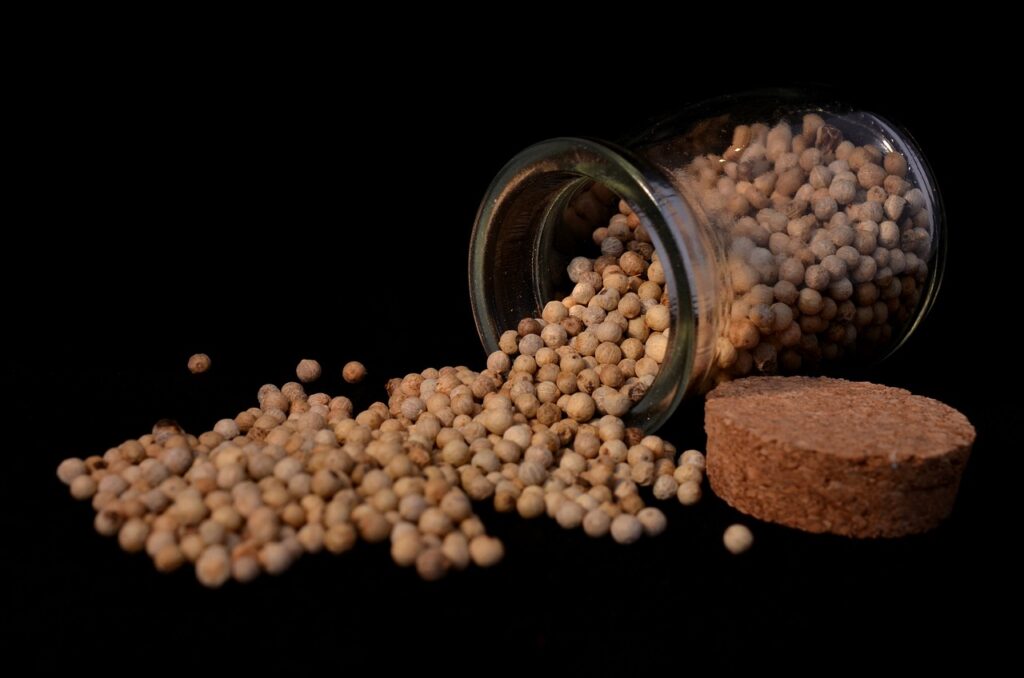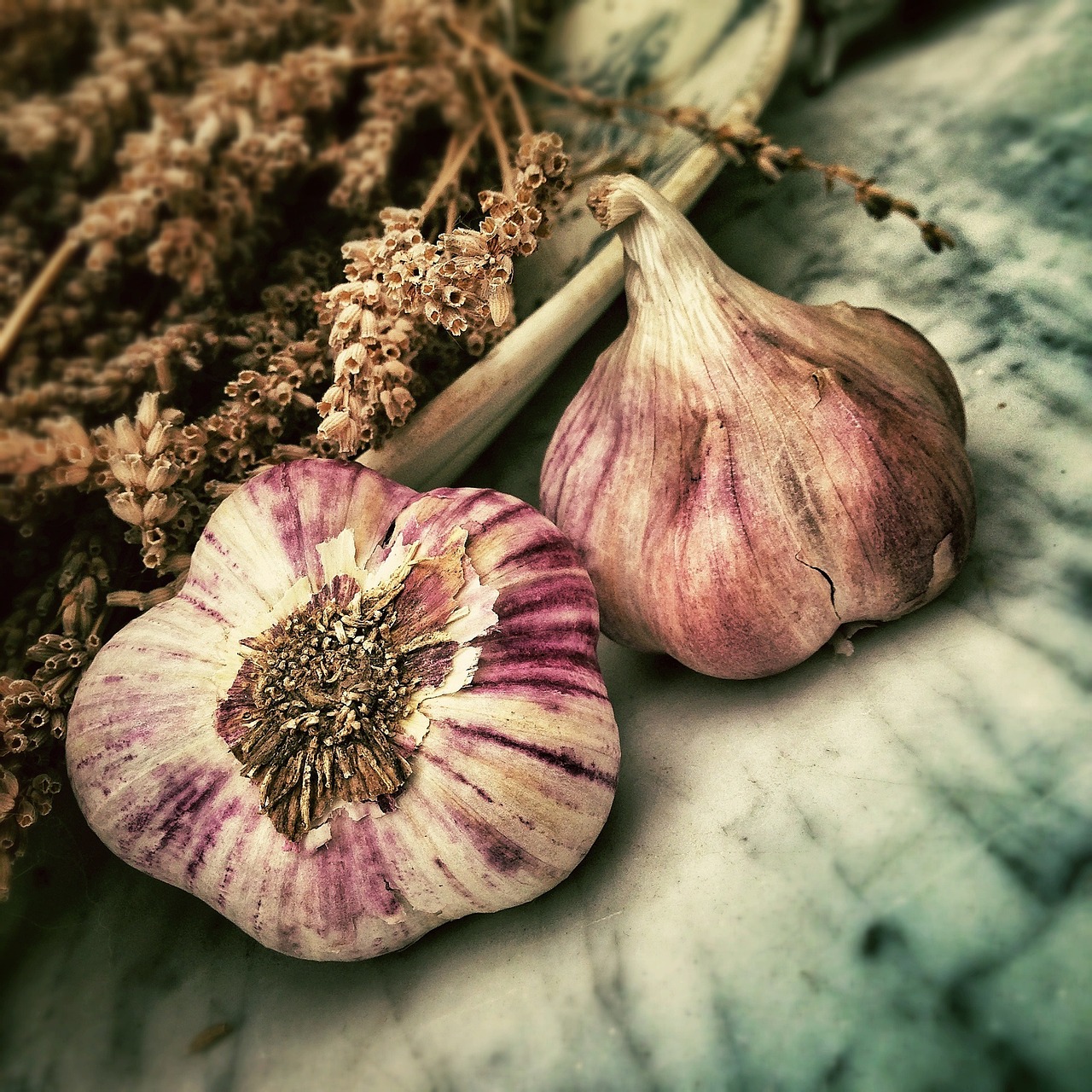Spices are an essential part of cooking, adding flavor, aroma, and depth to your favorite dishes. However, the question of whether to add them before or after cooking can sometimes be a bit perplexing.
When to add spices during cooking can depend on the specific recipe, and sampling while you cook can probably help you out with this decision with the type of spices you’re using.
Here are some general guidelines: Sampling while you cook can probably help you out with this decision.
Before Cooking:
Dry Rubs: Spices can be applied as a dry rub on meats before grilling, roasting, or pan-frying. This allows
the flavors to penetrate the food during cooking.
During Cooking:
Sauteing: Many recipes start by sautéing onions, garlic, and spices in oil or butter before adding other ingredients.
This helps to release and enhance the flavors of the spices.
Simmering: In dishes like soups, stews, and sauces, spices are often added at the beginning and allowed to simmer
with the other ingredients.
This gives the spices time to infuse their flavors into the dish.
Towards the End of Cooking:
Herbs: Fresh herbs are often added toward the end of cooking to retain their freshness and flavor. For example,
adding fresh basil or cilantro to a pasta sauce just before serving.
Ground Spices:
Some ground spices, like garam masala in Indian cuisine, are added near the end of cooking to preserve their aroma and potency. This is known as “tempering.”
Garnish: Some spices and herbs are used as a garnish, sprinkled on top of a finished dish. Examples include
freshly ground black pepper chopped fresh herbs, or a pinch of paprika.
Marinades: Spices can also be part of a marinade applied to meats or vegetables before cooking. Marinating allows
the flavors to penetrate the food, but it’s technically done before cooking.
It’s essential to follow the specific instructions in your recipe, as different dishes and cuisines may have their own preferred methods for adding and using spices.
Additionally, the timing of adding spices can affect
the intensity of their flavors, so adjusting when you add them can lead to different taste profiles in your dishes
With this blog post, we will explore this culinary dilemma and provide you with some insights on when and how to incorporate spices into your cooking.
From the potential health effects of burnt spices to the benefits of hot and Indian spices, we will unravel the mysteries and guide you toward creating delicious meals with the perfect balance of flavors.
So, let’s dive into the world of spices and discover the best ways to spice up your dishes!

This image is the property of pixabay.com.
Are Burnt Spices Bad for You?
Another question that may happen to spices is this. One of the common concerns when it comes to cooking with spices is the risk of burning them. While burnt spices can definitely alter the taste and aroma of your dishes, you may be wondering if they are actually bad for your health.
The truth is that while burnt spices may not necessarily pose a direct health risk, they can have a negative impact on the overall enjoyment and nutritional value of your food.
When spices are burned, they can release a strong, bitter taste and an unpleasant smell. These burnt flavors can overpower the delicate balance of your dish, making it less enjoyable to eat.
Additionally, burnt spices may also lose some of their essential oils and natural compounds, which contribute to their health benefits.
Are Expired Spices Bad?
The million-dollar question 🙂
It’s not uncommon to find a forgotten jar of spices in the back of your pantry, long past its expiration date. But does an expired spice mean it’s automatically bad?
While using expired spices won’t necessarily make you sick, it’s important to note that their potency and flavor may diminish over time.
As spices age, they can lose their vibrant colors, fragrances, and essential oils that give them their unique taste and aroma.
So, while consuming expired spices may not pose a health risk, it might not provide you with the desired culinary experience.
To ensure that you get the most flavor and quality out of your spices, it is recommended to regularly check their expiration dates and replenish your spice collection accordingly.
Are Hot Spices Good for You?
If you enjoy a spicy kick in your meals, you may be pleased to know that hot spices can actually have some potential health benefits.
Spices like chili peppers, cayenne pepper, and ginger contain a compound called capsaicin, which is responsible for their heat. Capsaicin is known to have several health-enhancing properties.
One of the potential benefits of hot spices is their ability to boost metabolism. Capsaicin has been found to temporarily increase the body’s metabolic rate, which may aid in weight management.
Additionally, research suggests that capsaicin may have analgesic properties, helping to alleviate pain and reduce inflammation.
While hot spices can certainly add a tasty and fiery twist to your dishes, it’s important to keep in mind that everyone’s tolerance for spice varies. It’s best to start with smaller amounts and gradually increase the spice level to suit your personal preferences.
Are Indian Spices Good for You?
Indian cuisine is renowned for its bold and aromatic flavors, largely due to the generous use of spices. From turmeric to cumin, coriander to cardamom, Indian spices not only add depth and complexity to dishes but also offer potential health benefits.
One of the key spices used in Indian cooking is turmeric, which contains a compound called curcumin.
Curcumin has been studied for its anti-inflammatory and antioxidant properties, which may help reduce the risk of chronic diseases and support overall well-being.
Other commonly used Indian spices like cumin, coriander, and cardamom are also rich in antioxidants and may have digestive and immune-boosting qualities.
It is important to note that the health benefits of Indian spices are usually derived from moderate and consistent consumption as part of a balanced diet.
So, incorporating a variety of Indian spices into your everyday cooking can be a flavorful way to enhance both the taste and potential health benefits of your meals.

This image is the property of pixabay.com.
Adding Spices Before Cooking
When it comes to adding spices to your culinary creations, timing can play a crucial role in the final outcome of your dish. While some recipes call for adding spices during the cooking process, others recommend adding them before the cooking even begins.
So, should you add spices before cooking or wait until later?
There is no one-size-fits-all answer to this question, as it ultimately depends on the recipe and the specific spices being used.
However, there are certain benefits to adding spices before cooking that are worth considering.
Benefits of Adding Spices Before Cooking
Enhancing Flavor
Adding spices before cooking allows their flavors to penetrate the ingredients and infuse the dish with their aromatic essence. This results in a more well-rounded and balanced flavor profile, as the spices have more time to meld with the other ingredients during the cooking process.
Additionally, spices have the opportunity to bloom and release their essential oils, which can enhance the overall taste experience of your dish.
Increasing Nutritional Value
Certain vitamins, minerals, and natural compounds found in spices are more easily absorbed by the body when they are cooked. By adding spices before cooking, you give them the opportunity to release their beneficial compounds and maximize their nutritional value.
For example, cooking turmeric can help activate its bioactive compound curcumin, which has been linked to various health benefits.
Cooking tips from Famous Chefs
Better Infusion
Adding spices before cooking allows their flavors to blend and infuse more thoroughly with the other ingredients. This leads to a more cohesive and harmonious flavor profile throughout the dish, resulting in a more enjoyable eating experience.
Whether you’re simmering a hearty stew or sautéing vegetables, adding spices early on can help ensure that the flavors are evenly distributed and well-integrated.
Less Time for Flavor Integration
By adding spices before cooking, you can kickstart the flavor development process early on, reducing the cooking time that may otherwise be necessary to achieve the desired taste.
This can be particularly beneficial if you’re looking to whip up a quick and flavorful meal without compromising on the depth of flavor.
Cooking tips from Famous Chefs
However, it is important to note that this may not hold true for all spices and recipes, as some flavors may need more time to fully develop.
In conclusion, adding spices before cooking can have several advantages, including enhanced flavor, increased nutritional value, better infusion, and a shorter time for flavor integration.
However, it’s important to experiment and adapt your approach based on the specific recipe and spices to achieve the desired taste and aroma in your dishes.
With a bit of practice and exploration, you’ll find the perfect balance that suits your palate and culinary preferences. So, don’t be afraid to spice things up and take your cooking to the next level!
We hope this post will help you cook with your spices.
Happy Cooking!


